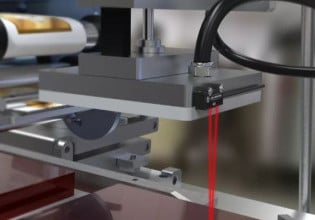R
.....on the way to the Forum.......
Usually when I question the wisdom of using Microsoft for everything I receive quite a few off-list replies.
The recent discussions concerning communications protocols were no exception, what was different was that instead of being off-list because the content would not get through moderation, this time the response was of genuine enquiry as to "so how do you do your communications". Presumably people are embarrassed to ask such
questions in public;-)
However, one respondent really threw down the gauntlett, summarised, he stated:
"If you realy believe the only rational solution is to do your own protocolls at the machine end, then there must be a lot of other people in the same situation. Therefore if you believe your protocols are any good, you may as well publish
them. Even if only one other person in the world adopts them, you may gain some synergy and feedback.
.....
<snip>
......I am suprised that somebody that advocates open source keeps something potentially useful to himself".
Well he does have a point there, so publish I will, and be damned!
You will find a description of my TCP/IP based protocols, along with an introduction, at:
http://www.trext.com/Kiss/index.html
Enjoy.
Usually when I question the wisdom of using Microsoft for everything I receive quite a few off-list replies.
The recent discussions concerning communications protocols were no exception, what was different was that instead of being off-list because the content would not get through moderation, this time the response was of genuine enquiry as to "so how do you do your communications". Presumably people are embarrassed to ask such
questions in public;-)
However, one respondent really threw down the gauntlett, summarised, he stated:
"If you realy believe the only rational solution is to do your own protocolls at the machine end, then there must be a lot of other people in the same situation. Therefore if you believe your protocols are any good, you may as well publish
them. Even if only one other person in the world adopts them, you may gain some synergy and feedback.
.....
<snip>
......I am suprised that somebody that advocates open source keeps something potentially useful to himself".
Well he does have a point there, so publish I will, and be damned!
You will find a description of my TCP/IP based protocols, along with an introduction, at:
http://www.trext.com/Kiss/index.html
Enjoy.






